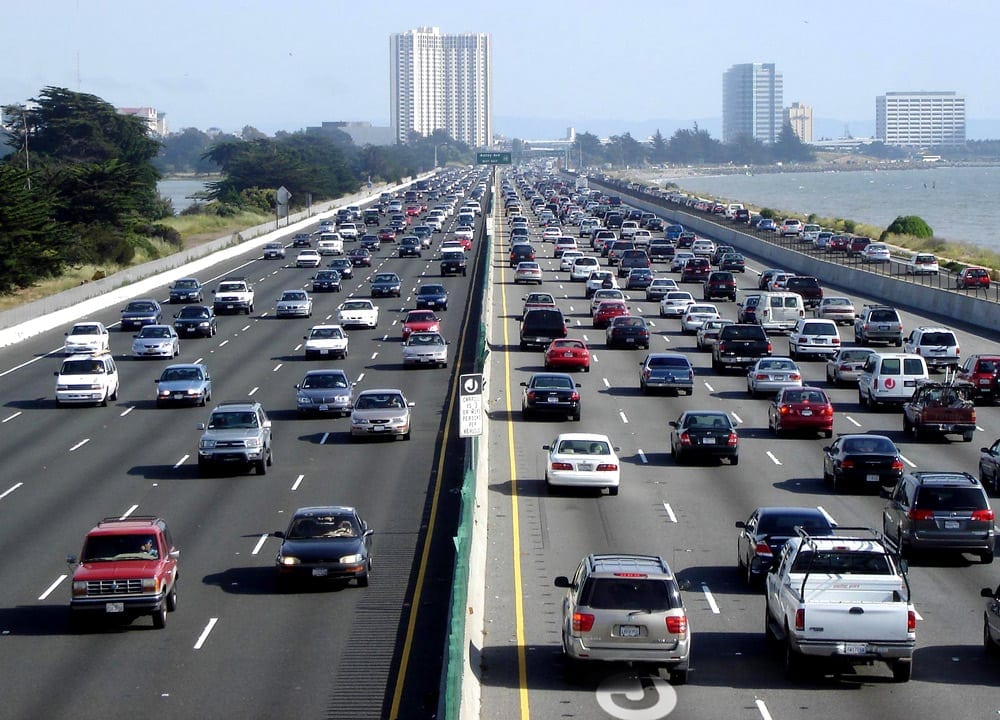Sitting in traffic is a pain. Maybe you have exhausted ALL your ideas on how to own your commute and now just count the minutes as they pass by. The point of leaving home early was to beat the traffic, but instead you have wasted precious sleep time. Before you start contemplating the meaning of life, or trying to find a job closer to home, there may be an answer to this daily predicament. And it’s probably our electricity usage, with a dash of IT support. By analyzing electricity-use patterns of residents, researchers in Austin, TX were able to predict peak times of traffic using the city’s power grid system.
We’ve got the Power (Grid)
Electrical power is something that is commonly overlooked and underappreciated, until the bill for it comes in. But electricity runs the world! Well, that and the IT guys trying to make all the technology work in the basement.
Civil and environmental engineers have been trying to pin-point a method for predicting traffic congestion for years but have faced difficulties because traffic patterns will vary day-to-day or never stay the same for very long. People wake up late or they have doctor appointments, or they just need to stop for coffee every now and again! Household power usage is the answer to this changing traffic puzzle!
Electricity use typically reduces in the evening because families will turn off lights, air conditioning units, televisions, computers, etc. And when families wake up for work or school, they will use more electricity to get ready and make breakfast, showing an energy spike in the power grid. But how does this help determine traffic trends at all? Well, when people prepare to leave the house, they will turn off their lights, unplug hair-dryers, stop laundry machines, etc. in order to conserve power while they are gone. On a graph, this shows a significant energy decrease and it can be reasonably assumed that people living in this household are on their way to work.
Need More Data
The researchers working on this project used 322 anonymous households in Austin and analyzed 79 days of their electricity usage. This study requires no personally identifiable information, which also shows that this system can be optimized without being a privacy concern. With these households, the researchers quickly categorized them by identifying who were the “early birds” and the “night owls.” (Those in IT were not put into either category, because it’s a common misconception that they have time to sleep.) Then, Artificial Intelligence (AI) accounts for these categories and how they might affect traffic congestion to predict a more “likely” traffic pattern for that specific morning. This has shown to be “significantly more accurate than predictions made by only using real-time traffic data.” Of course, there are unexpected outliers in the system, such as weather or traffic incidents, which will inevitably skew predictions for traffic, but there is hope to develop a system that can account for those sort of factors.
Human Optimization
There are other ways to improve traffic flow in the morning! Some companies will incentivize getting to work early with free food or extra pay. This helps stagger the number of people trying to get to work all at one time. Plus, this power grid system may become public and have a sort of “weather segment” on the news to tell people in different areas when to leave or how long to wait before driving to work. Still, the study requires more data to project the results on a larger scale.
First off, all these systems are going to require extra help from IT support professionals and that inherently makes us excited. This method of predicting traffic uses household electricity as its main variable to determine congestion patterns and that includes your Internet, land-lines, desktop computers, cable television, or any other electric device you plug in to charge. What could possibly go wrong? Leave it to an IT guy to answer that question. You need working technology. But what do we know? We’re just a bunch of IT guys. We just want you to stop wasting your time sitting in traffic and waste more time on the Internet.



VIEW ALL